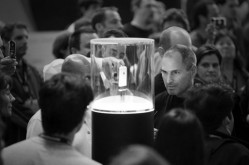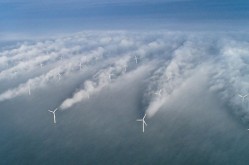The efficiency paradox
“… total energy use in the United States continues to rise, despite efficiency gains. Per capita we’re using more energy… “
“… a more efficient technology could create a rebound effect… the efficiency gains are wiped out by greater demand for the resource.â€
“Take the introduction of a new, incredibly cheap, very efficient vehicle in India: the Tata Nano. It costs only $2,500, and luckily it gets around 47 miles per gallon. In many ways, it is encouraging to see India setting the bar so high with such a fuel-efficient vehicle. But even with that standard, can the world really afford to see millions of similar, new vehicles on the road, with their twin threats of increased oil demand and greenhouse gas emissions?â€
The inherit threat of relying on efficiency (and technology) rather than decreasing consumption (and behavior) becomes the focus of this set of articles by TreeHugger. In it poses some of the prominent examples of this paradox through various scenarios from around the world. It ends in providing suggestions for social development through an intellectual course of action and change.
1. Beating the Energy Efficiency Paradox/Part II, TreeHugger.
2. Highway Jam, Kirpernicus, Flickr.
-
Correct. Unfortunately this process has been well occurring in China in the previous decades. Beijing itself has been adding thousands of cars everyday. They perceive cars as being the medium of conspicuous consumption. Even if they were to market more “environmentally friendly” vehicles, they would only be to adopting early Euro standards (90s). The same social process will occur in India, this process will not end.
-
Nano will eventually add even more gas emissions to the whole greenhouse effect.
For example: nowadays majority of Indians use bicycles/trains to get around. Now imagine a car everyone can afford. Sooner or later most of the people will use it. -
… and neverending circle is here.









